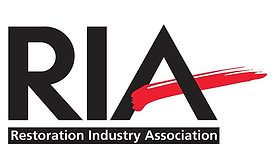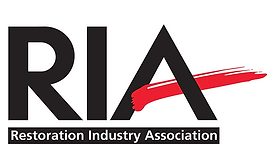Articles by Edward H. Cross Esq., "The Restoration Lawyer"
‘We Don’t Pay for That.’ Why DON’T You Pay for That?
Read More
Cross-Examination: Uncle Ed Pleads With You for Better Documentation
Break the Vicious Circle With Insurance Adjusters
Read More
California Debt Collection License for Restorers Explained
An FAQ From 'The Restoration Lawyer' Ed Cross
Read More
Cross-Examination: Don’t Mess with Texas Contract Law
How to Prosper with Proper Documentation for CAT Losses
Read More
How to Draft Enforceable Coronavirus Service Contracts
Developing tangible value propositions in an age of uncertainty.
Read More
Get our new eMagazine delivered to your inbox every month.
Stay in the know on the latest disaster restoration and remediation trends.
SUBSCRIBE TODAY!Copyright ©2022. All Rights Reserved BNP Media.
Design, CMS, Hosting & Web Development :: ePublishing










